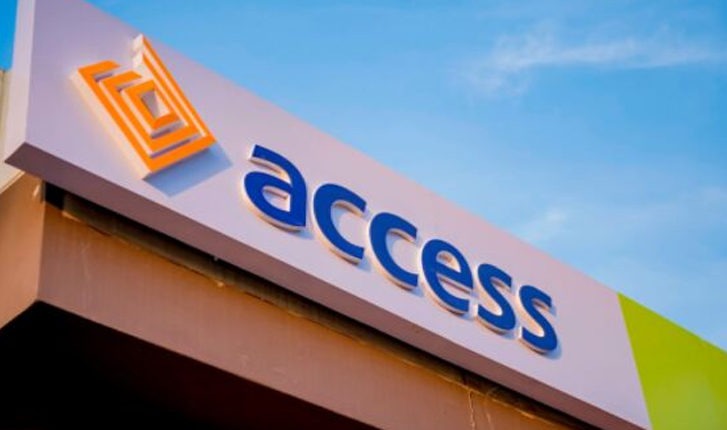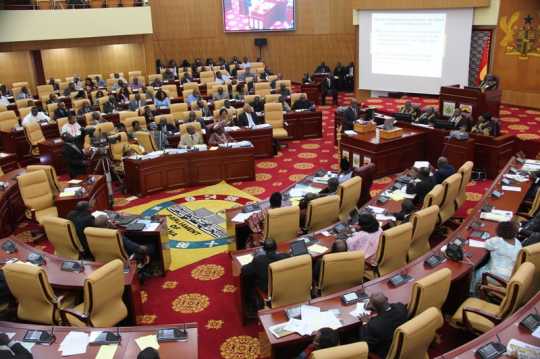- Reps Summon Emefiele, NDIC, BoI CEOs Over N17bn NERFUND Loans
An ad hoc committee of the House of Representatives on Tuesday summoned the Governor of the Central Bank of Nigeria, Mr. Godwin Emefiele, over the N17bn non-performing loans recorded by the National Economic Reconstruction Fund.
Also to appear before the committee, which is chaired by a member from Ekiti State, Mr. Ayodele Oladimeji, are the Managing Director of the Nigeria Deposit Insurance Corporation, Mr. Umaru Ibrahim; and the Managing Director of the Bank of Industry, Mr. Olukayode Pitan.
The committee is investigating reports that NERFUND went under as a result of the loans, following which the Federal Government hurriedly merged it with the BoI.
Lawmakers are asking questions on why the loans are not recovered, in addition to investigating the beneficiaries.
Among the allegations were that “acolytes of the management” and some members of staff were among the beneficiaries.
The committee also has information that some members took a N500m facility with a repayment period of up to 20 years at only one per cent interest rate.
At Tuesday’s session, Oladimeji recalled that NERFUND was shut in disregard to a standing resolution of the House, which directed that further actions on the agency should be put on hold pending the outcome of the probe.
He added that Emefiele was summoned to tell Nigerians why the CBN failed to ensure that the loans were recovered.
He also stated that the committee was interested in knowing the legal basis for the merger with the BoI.
The committee observed that the members had yet to be convinced on how NERFUND, which had an initial capital of N300m, could go under, while some commercial banks were posting profits in billions of naira.
The committee cited the case of Zenith Bank Plc and several others that started business around 1989 just as NERFUND did.
Oladimeji added that if NERFUND could fall easily, there were no guarantees that the BoI, the newly-inaugurated Development Bank of Nigeria or the Bank of Agriculture would survive for long.
He stated, “With all the precautions taken by the NERFUND Act, NERFUND was not supposed to be distressed. What has the CBN done to recover the loans as prescribed by the Act?
“If NERFUND can go under, should Nigerians be looking forward to the collapse of similar agencies like the DBN, BoI and the others? Merging NERFUND with BoI is illegal, but we will not allow the DBN, BoI and the others to collapse like NERFUND.”
However, the Ministry of Finance claimed that NERFUND was not merged with the BoI.
A representative of the ministry, Olubunmi Siyanbola, told the committee that a process to wound down the agency began in 2013 and was followed through.
She stated that the BoI’s role was merely to recover the non-performing loans after all the members of staff of NERFUND resigned.
She explained, “NERFUND had 82 workers, but the entire 33 senior management staff resigned in August 2016 on the verge of the presentation of the report of the presidential committee that investigated the Fund.
“Because the agency has no board, the Federal Government constituted an interim management committee to oversee its affairs and by October 2017, the entire 49 junior workers also resigned after which they pleaded that we assist in their absorption into other Federal Government agencies.”


 Billionaire Watch4 weeks ago
Billionaire Watch4 weeks ago


 Naira4 weeks ago
Naira4 weeks ago


 Naira3 weeks ago
Naira3 weeks ago




 Naira3 weeks ago
Naira3 weeks ago




 Naira3 weeks ago
Naira3 weeks ago




 Naira2 weeks ago
Naira2 weeks ago
 Commodities3 weeks ago
Commodities3 weeks ago


 Sport Business4 weeks ago
Sport Business4 weeks ago



















